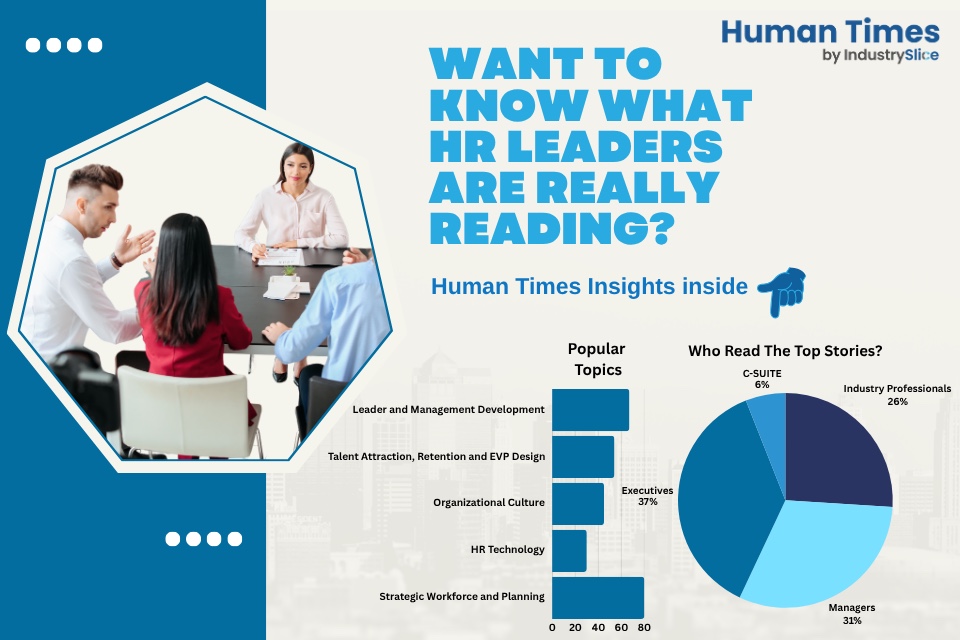A new survey indicates that the demands on HR are multiplying fast, with resilience being pushed to the limits as 87% of professionals in the sector rate support at work as insufficient.
The HR Mental Wellbeing Report by Towergate Employee Benefits and Ultimate Resilience shows that burnout is ‘very likely’ in 63% of respondents, and a further 15% are ‘at risk’ of burnout.
This means that more than three-quarters of HR professionals are on the edge of being able to continue. The report says employers must take heed of this unambiguous message: HR professionals need support and they need it now.
According to the report, 42% said they are considering leaving the HR profession. This is a serious issue as HR is such a crucial role. If HR is leaving the company, then there are major concerns with which to be dealt. There is a clear link to be made here between dissatisfaction in the role and poor wellbeing. Low levels of wellbeing are evident in 67% of HR professionals. Boosting wellbeing is likely to greatly contribute to keeping HR professional in their jobs.
The data shows that symptoms of low mood and depression affect 73% of respondents. Fifty-nine percent feel bad about themselves and 57% feel down, depressed or hopeless. Moreover, 44% meet the criteria for clinically significant symptoms of depression, compared with 16% of the general population. These individuals need input from a qualified mental health professional and trained counsellors, which could, of course, be provided through employee benefits.
HR professionals are often the ones providing support but it is essential they feel supported too. If an HR professional is struggling with their mental health, there are a number of ways to access help, to feel less alone, and for the business to ease workload pressures and boost wellbeing. Whilst encouraging others to use the employee benefits available, HR professionals must take their own advice and remember they are also employees, the report concludes.
The report says digital solutions and platforms can ease the administrative burden of running employee benefit schemes, creating more time and space for HR. Some employee benefit policies, for example group risk, include dedicated HR support, such as policy writing and legislation queries, which can provide vital guidance. Health and wellbeing benefits can help reduce absenteeism, improve attrition rates and boost productivity, meaning a more stable workforce at work and (hopefully) fewer HR queries.
Employee Assistance Programmes (EAPs) are now commonplace, offering 24/7 confidential support as a first line of defence. Businesses should consider implementing resilience training to help individuals and teams manage stress and recover from challenges more effectively. Mental health coaching, as opposed to counselling, can provide a safe space to explore concerns, build confidence and develop coping strategies. And health screenings and risk assessments can ensure health and wellbeing strategies are preventative and employees are empowered to better understand their own health.
Debra Clark, head of wellbeing at Towergate Employee Benefits, said: “We hope that this report will lead to more support for the 87% of HR professionals who feel it is lacking and who are the backbone of support for all other employees in a business. It must not be a one-way approach, and businesses must make sure that the HR function can continue to do just that – function.
“HR professionals face huge challenges, from managing redundancies to leading culture change and supporting others in crisis. With all this to contend with, often on decreasing budgets, it is not surprising that burnout is rife. However, it should be borne in mind that it is easier and cheaper to provide prevention rather than cure for burnout. Employers need to take action to ensure that HR receives the support it needs and doesn’t reach the critical stage.”
“HR professionals are implementing wellbeing strategies for employees all the time, yet only 13% of respondents say that feel ‘very’ supported in relation to their own mental health and wellbeing. It is vital that HR professionals are encouraged to ‘put on their own oxygen mask first’. If the support team is not supported, then the whole structure will collapse. But the support is available, HR just needs to put itself first for once.”
Photo by nikko macaspac on Unsplash









